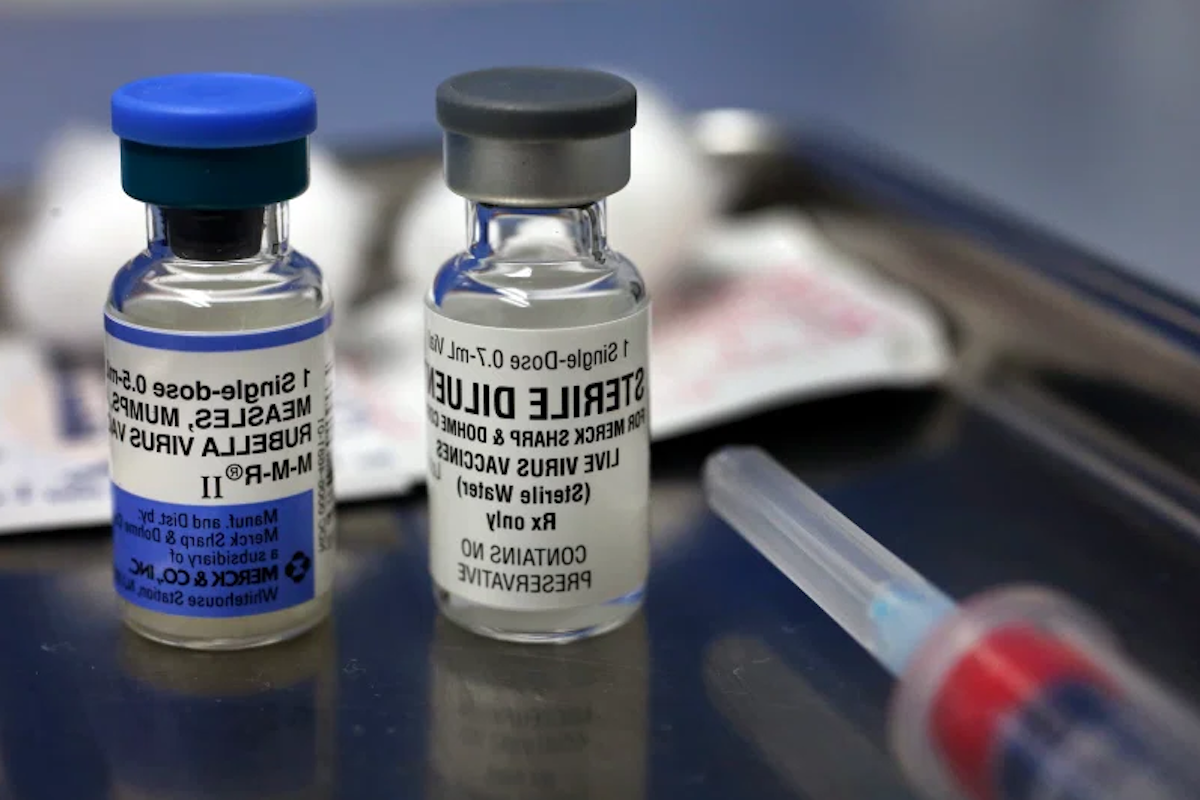Could Leaky Gut Be Causing Your Immune Symptoms?
Could Leaky Gut Be Causing Your Immune Symptoms?
A leaky gut syndrome is a disorder that can cause any number of immune symptoms, from mild issues like seasonal allergies and eczema to more serious conditions like multiple sclerosis or rheumatoid arthritis. So what exactly is leaky gut, and how does it happen?
After a meal, the food you eat gets broken down into smaller and smaller particles in your intestines. Eventually, it gets broken down into the tiny units that make up the building blocks of your tissues – amino acids, vitamins, minerals, fatty acids, and sugars. It’s up to the lining of your intestine to block large particles of food that are not digested yet. At the same time, your intestine needs to be able to let the broken down nutrients into your blood so that they can be carried off for use all over your body. These cells lining your intestines have to stay tightly linked together until those fully broken down nutrients are ready to be absorbed.
With leaky gut syndrome, the cells start to lose their ability to stay tightly closed. They start to open too frequently, too early, or at the wrong time – and because of that, larger molecules of partially-digested food can get into the blood. When the immune system sees these large molecules, it can go into a state of hyper-reactivity, resulting in symptoms such as asthma, food and seasonal allergies, eczema, psoriasis, and even mood disorders like anxiety and depression. This extra permeable gut lining is what we call a “leaky gut.”
When undigested food Is Absorbed?
When white blood cells see incompletely digested food, they can react by putting out chemicals such as histamine the chemical that makes your eyes itch and water, causes runny nose, and can cause irritability or anxiety when it gets too high or by increasing in number to respond to the “threat” of the undigested food. With more white blood cells in circulation, there is more of a chance that they will react to simple things like pollen or mold. When you do get a reaction, such as a rash, the more white blood cells you have the bigger and more intense the reaction will be. That’s how a leaky gut can turn a tendency toward eczema into a huge, itchy, hot, angry rash. If this hyper-reactivity of the immune system goes on long enough, it can put you at risk for the development of autoimmune diseases, where the immune system starts to attack your own tissues. Examples of common autoimmune diseases are rheumatoid arthritis, Hashimoto’s thyroiditis (hypothyroid), Graves’ disease (hyperthyroid), lupus, and multiple sclerosis.
What causes a Leaky Gut?
There are many theories about what may cause a leaky gut.
- Bacterial Imbalance. Your gut contains billions of bacteria, which perform many functions that we need to be healthy. Good bacteria, such as lactobacillus and bifidobacterium, help create nutrients that nourish the cells of our gut lining. If you have ever taken antibiotics you may have altered the healthy balance of bacteria in your gut. Antibiotics kill bacteria, which can be a good thing when you have bacterial pneumonia or some other life-threatening infection. Unfortunately, when antibiotics kill off that bad bacteria, they also kill off all the good bacteria that you need for a healthy gut lining. That leaves a lot of “open real estate” in the intestines for yeast and other harmful microbes to colonize. Bad bacteria, such as strep, and yeasts like candida, produce toxins that irritate cause inflammation in our gut lining. This can cause dysfunctions in the gut lining’s ability to open and close properly, and eventually lead to a leaky gut
– Food Allergies. Another way leaky gut syndrome can be triggered is by eating foods that are irritants to your gut lining. If you are allergic to certain foods – common allergies include gluten, dairy, eggs, corn, etc
– eating these foods can cause chronic inflammation in the cells lining the gut, leading to further inability to regulate the absorption of nutrients. There is even a protein in wheat called zonulin that acts as a trigger to the “gatekeepers” that open up the gaps between gut cells, leading to more food leaking out before it’s fully digested. Because of zonulin, eating wheat can trigger a leaky-gut like reaction in any person, not just those who are sensitive to wheat and gluten.
– Medications. Certain medications, especially steroids, NSAIDs such as ibuprofen and Advil, and certain anti-cancer agents can cause increased intestinal permeability.
So how do we fix leaky gut?
There are many natural and effective ways to heal a leaky gut.
– Diet. A diet high in antioxidant-rich fruits and vegetables and low in inflammatory oils and grains is often an important first step in healing an irritated gut lining. Identifying food allergies and sensitivities can further reduce inflammation and aid in healing.
– Herbs and Supplements. Several herbs and supplements, such as fish oil and deglycyrrhizinated licorice (DGL) are beneficial for leaky gut either because of their anti-inflammatory properties or their ability to coat and nourish the gut lining. Herbs and supplements should be used under the care of a qualified holistic doctor or herbalist.
– Balancing Gut Flora. Identifying and treating any bacterial imbalances or gut infections is usually an important aspect of healing a leaky gut. A stool test that looks for bacteria, yeast, and parasites can be a helpful tool in finding out what’s happening in the microbiome. If any harmful microbes are detected, a stool test that includes “a culture and sensitivity” can help your doctor identify the herbs and medications that may help you get rid of the infection.
While dealing with the symptoms of leaky gut can be a frustrating experience, following these simple guidelines and adopting an anti-inflammatory diet can make huge differences in both your current symptoms and your lifelong health. As always, you should see a qualified specialist for help and guidance when dealing with any significant health concern.
At Dr.O Care we are always happy to set up appointments either remotely through obtainhealth.com or in-person to discuss all of the ins-and-outs of treating a leaky gut and the options. As a parent of children, I understand how complicated all of these decisions can be! If you’d like to schedule an appointment, just call 904-743-2100, or click here to make an appointment online.








